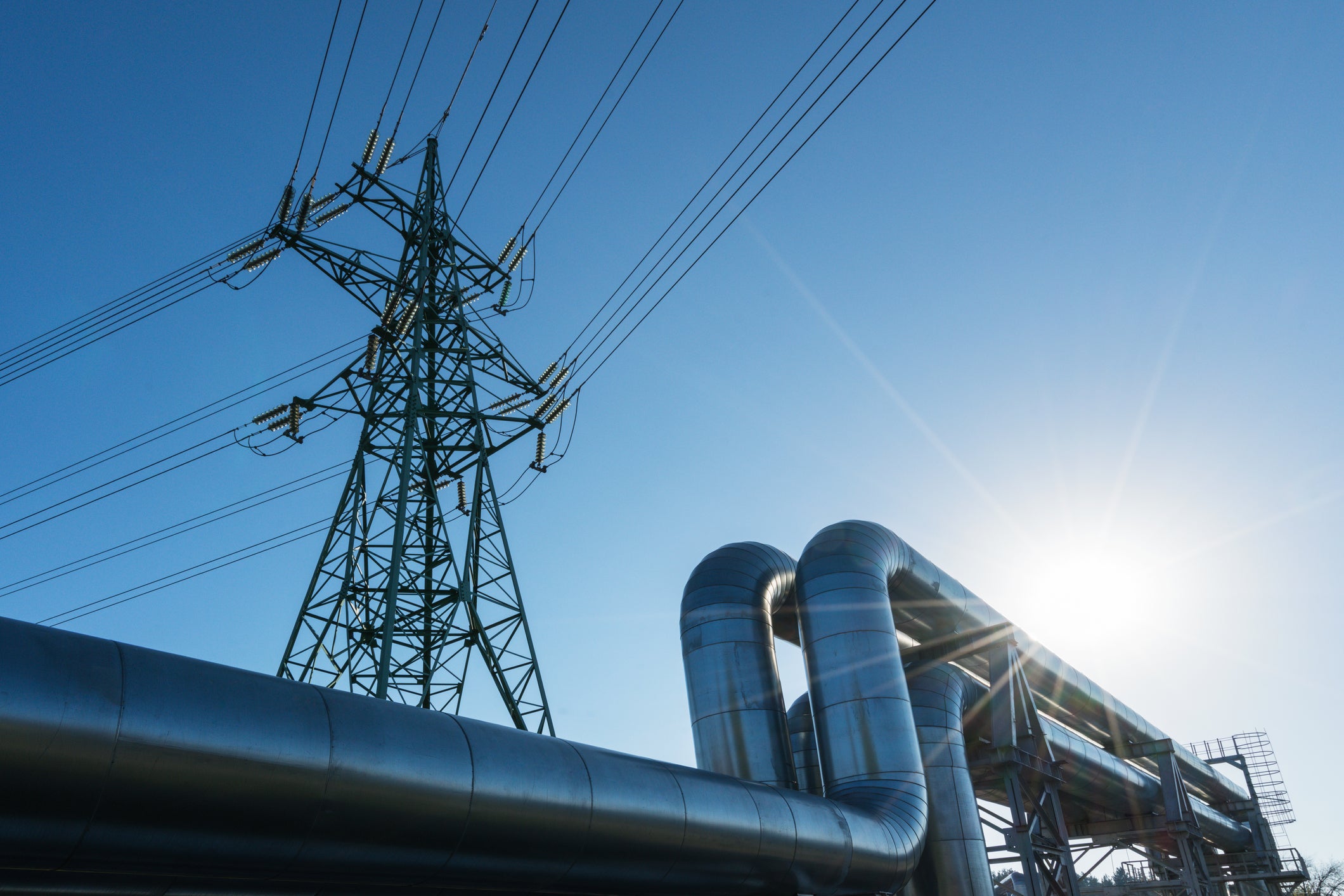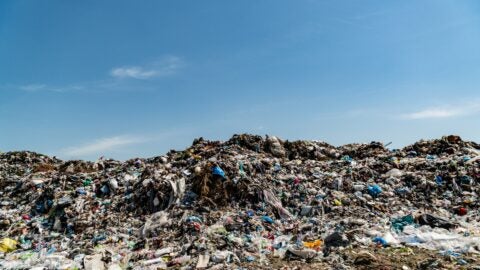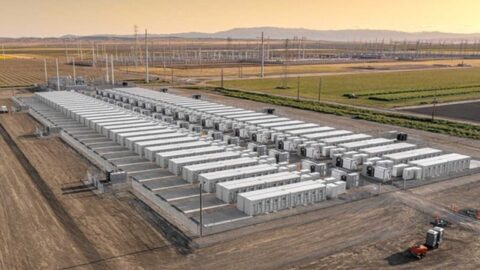Critic misstates EDF views on New York/New Jersey pipeline, overlooks larger climate win
 A blogger has made the false allegation that Environmental Defense Fund is advocating for the construction of a proposed natural gas pipeline under New York harbor.
A blogger has made the false allegation that Environmental Defense Fund is advocating for the construction of a proposed natural gas pipeline under New York harbor.
This is simply wrong. EDF is not advocating for the pipeline in question, known as the Williams NESE pipeline. We made that point clear two weeks ago in a blog of our own. The blogger, Rob Galbraith, simply ignores this.
A first-ever look at climate impacts
Mr. Galbraith is responding to a study prepared by consultants M.J. Bradley & Associates, who were hired by the utility National Grid to assess the climate impacts of the pipeline over time.
The study happened because EDF requested that National Grid, the utility seeking new gas supplies, undertake the analysis to inform the state and federal regulators reviewing its plan. We encouraged National Grid to do the study for the simple (and fully transparent) reason that we believe all proposed pipeline projects should undergo a rigorous analysis of climate impacts as part of the regulatory review process. As we made clear in our earlier blog, EDF is not in any way endorsing or supporting the NESE project.
State officials and the Federal Energy Regulatory Commission are required to assess the environmental impact of all new pipeline infrastructure, but climate impacts are not currently taken into consideration — and we think that’s a mistake. Without empirical tools to demonstrate the climate impacts of major energy infrastructure and supply choices, we are making very big, very important decisions in the dark.
The significance of this study was underscored by the Trump administration’s proposal last week to effectively block federal regulators from including comprehensive climate impact analysis when reviewing proposed pipelines.
The study that was the trigger for Mr. Galbraith’s attack represents the first time any company has agreed to do such a climate analysis for a proposed pipeline (an analysis that here includes emissions upstream from production and downstream from use of the gas). We think it’s an important step and endorsed the company’s decision to do it. But that doesn’t mean we endorse the findings of the report, let alone the pipeline.
A 10-year window
Any such study is shaped by its underlying assumptions. In this case, the analysis looked at a 10-year window of time and found that building the pipeline would reduce emissions over that time by displacing dirtier fossil fuels with natural gas. It also found that ground source or geothermal heat pumps emit less than gas-fired furnaces.
A more complete assessment of climate impacts would require a longer time horizon. EDF has asked National Grid to file the full analysis in a public proceeding, and encourages stakeholders and our environmental colleagues to weigh in on the study and its assumptions, especially in light of New York’s ambitious new climate law, which sets an economy wide target of net-zero emissions by 2050 (and a 2030 goal of reducing emissions 40% from 1990 levels). There are a number of vital considerations that all policymakers and the public must rigorously consider in evaluating this project, including the full suite of impacts and the availability of alternatives.
As Mr. Galbraith concedes, EDF is committed to achieving a net zero carbon economy in the U.S. by 2050, and is actively promoting electrification of transportation and buildings to further this objective.
We have a long history of undertaking rigorous scientific analysis to inform policymakers and drive public policy. In the United States, our work on the oil and gas industry’s methane emissions — a powerful greenhouse gas — has resulted in 16 independent studies and 35 peer-reviewed papers published in the scientific literature; together, they found that methane emissions from oil and gas operations are 60% higher than estimated by the EPA.
These studies helped put in place important state and federal methane regulations, and today we are using them to fight the Trump administration’s attempted rollback of the federal standards.
Constructive engagement is not the enemy
Mr. Galbraith’s blog makes no reference to the report’s analysis, findings or assumptions, opting instead to simply charge EDF with guilt by association. Rather than engaging on the substance of a study he doesn’t like, he instead trots out rusty old attacks about EDF’s many successful efforts (alongside our 50 years of legal and policy work) working with the business sector to drive environmental solutions. And — no surprise here — he also fails to mention that to safeguard our independence, EDF does not accept donations from the companies we work with.
Finally, Galbraith attacks some EDF supporters because they have past or present investments in the energy sector. We don’t believe that should disqualify someone from supporting environmental progress; we think the world needs far more people to get involved in accelerating the transition to clean energy. We’re grateful for their support.
At its core, Mr. Galbraith’s argument seems to be that constructive engagement with the regulatory process is tantamount to support for the infrastructure in question. We disagree. But as climate impacts intensify, some environmental groups are taking this approach.
Several weeks ago, for example, a group called Wild Earth Guardians and others came out in opposition to state-level methane regulations in New Mexico, because in their view, regulating methane means capitulating to the indefinite production of oil and gas. We believe that while the U.S. needs to rapidly decarbonize its energy system, it also needs to cut pollution from current oil and gas operations.
Our climate can’t afford for us to choose one or the other. Doing both is essential.













